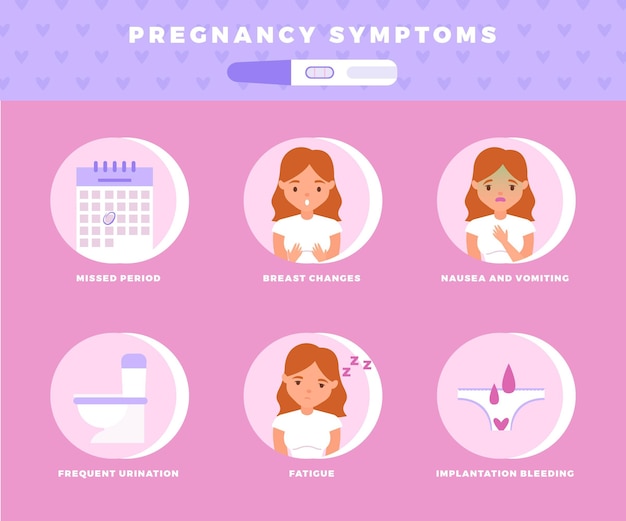
Each year, over 4 million babies are born in the USA, and we want to welcome them into a safe and healthy world. One important factor for this is having a full-term pregnancy.
If your baby is born before 37 weeks of pregnancy, they are considered “preterm.” In the U.S., this happens in about 12 percent of births. While you might feel ready for the baby to come, especially if you’ve had a tough pregnancy, it’s better to hold on. Preterm babies often face more health issues and longer hospital stays compared to full-term babies. The earlier they are born, the more problems they might have. This is even more likely if you’re expecting twins or triplets. Thankfully, there’s a hormone called progesterone that can help prevent preterm births.
Progesterone plays a crucial role in pregnancy from the very beginning. It helps your uterus grow to make room for the fetus and prevents it from contracting too early, which can cause a miscarriage. Later on, progesterone helps your body in other ways, like making sure your lungs work harder to provide enough oxygen for the baby and preparing your breasts for breastfeeding.
One of the causes of preterm birth is having a short cervix (25 mm or less), which increases the risk by 50 percent. The cervix is the part of the uterus that opens during labor. In women with short cervixes, it may open too early, leading to preterm birth. This can be detected during ultrasounds, and if you’re concerned, you can ask for an ultrasound to check your cervix length.
Progesterone can be administered through shots or vaginal gel. Studies show that women who received progesterone were less likely to have a preterm birth compared to those who received a placebo. One study specifically found that vaginal gel reduced both early and late preterm births, which is significant because early preterm births come with more medical challenges.
Progesterone shots are usually recommended for women who have previously had a preterm birth with a single baby. This treatment starts between 16 and 20 weeks of pregnancy and continues until 37 weeks. The shots have no side effects other than the discomfort of the injection itself. This can be very helpful for families, especially if there’s a history of complications.
If you haven’t had a preterm birth before, the gel is the preferred method. It comes in an applicator similar to a tampon, and you insert one gel pack into your vagina daily. This treatment should start between 20 and 23 weeks of pregnancy and continue until just before 37 weeks.
Both methods are safe and effective for women carrying a single baby. However, for those expecting twins, triplets, or more, progesterone treatment is not recommended as it can increase the likelihood of problems. If you’re considering progesterone treatment or have questions, it’s best to talk to your doctor. They have the right information and will take care of your baby’s needs. If you experience any issues with these treatments, consult your doctor to ensure everything is fine with your pregnancy. You don’t want to take any chances with your new little one.
Ensuring your hormones are balanced and your uterus is healthy is crucial for a successful pregnancy. These factors help make sure your baby arrives at the right time. The goal is a healthy baby, and doctors will support that in every way possible. Progesterone can assist with this, and mothers at risk should be well-informed to take advantage of it.



